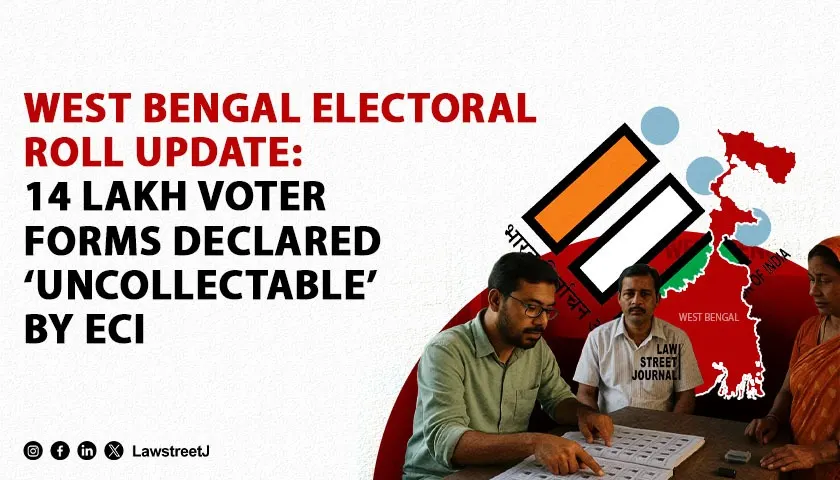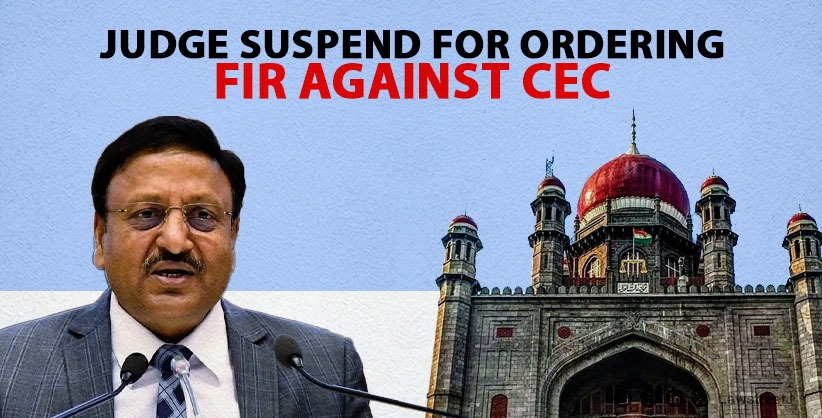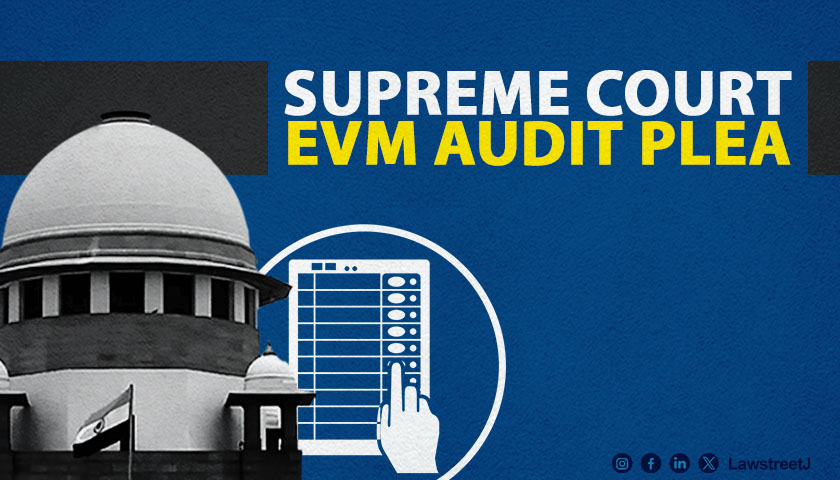West Bengal: The Election Commission of India (ECI) has flagged nearly 14 lakh voter-enumeration forms as “uncollectable” during the ongoing Special Intensive Revision (SIR) of electoral rolls in West Bengal. The development, emerging months ahead of the 2026 general elections, has drawn attention to the procedural and legal aspects of voter-roll management in one of India’s most politically significant states.
A Breakdown of the Numbers
According to data released on November 26, the Commission identified 13.92 lakh forms as uncollectable, a sharp increase from 10.33 lakh recorded the previous day. The forms are part of the SIR drive initiated earlier this month to update and verify the state’s electoral rolls. Booth Level Officers (BLOs), responsible for distributing and collecting these forms, have been conducting field visits across districts.
The flagged forms fall into four categories:
- Absentee voters: Individuals who were not found at their registered addresses.
- Duplicate entries: Cases where a voter appears more than once in the rolls.
- Deceased voters: Identified through municipal death records and neighbourhood verification.
- Permanently shifted voters: Individuals who have relocated without updating their voter information.
More than 80,600 BLOs are currently deployed statewide. ECI officials have indicated that the number of uncollectable forms may rise as the revision exercise progresses.
The Special Intensive Revision process is carried out under the Representation of the People Act, 1950, which authorizes periodic revision of electoral rolls to maintain accuracy and prevent fraudulent entries. The procedure is further guided by Rule 22 of the Registration of Electors Rules, 1960, allowing additions, deletions, and corrections following verification.
The tagging of uncollectable forms is a standard part of the ECI’s verification protocol. It involves door-to-door checks by BLOs, cross-verification with municipal databases, and digital audits through electoral management systems. Flagged entries are not automatically removed from the voter list; instead, they are put through additional scrutiny before any final decision is made.
Legal analysts point out that while the removal of entries related to deceased or duplicate voters is routine, the high proportion of absentee and shifted voters may require careful review to avoid inadvertent disenfranchisement. The Commission has stated that all such entries will undergo due process, including public notice and opportunities for appeal.
Implications for Electoral Integrity and Public Trust
West Bengal has more than 7.5 crore registered voters, making accurate electoral rolls crucial for both state and national elections. The increased number of uncollectable forms raises operational concerns but also reflects the scale of verification being undertaken.
The ECI has maintained that the SIR exercise is part of its broader effort to ensure clean and reliable electoral rolls. Officials have encouraged citizens to verify and update their information through the National Voters’ Service Portal (NVSP) or by contacting their respective BLOs.
As of now, no political party has issued an official statement regarding the development. The Commission has clarified that the revision is a routine administrative exercise mandated by law and is not influenced by political considerations.



![SC Issues Notice to Centre on PIL by Ashwini Upadhyay to Debar Candidates From Contesting Polls on Framing of Charges [Read Petition]](/secure/uploads/2022/09/lj_1437_005ca7f1-c09c-4f29-8382-e746aa4dd230.jpg)

![Amicus curiae supports plea for permanent disqualification of convicted lawmakers [Read Report]](/secure/uploads/2023/09/lj_2142_39a30518-7616-4c47-8f64-5f81898860ae.jpg)







